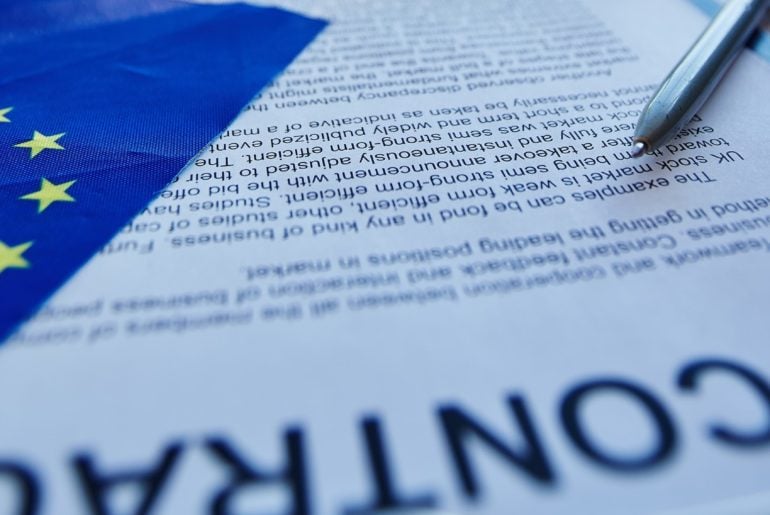The government announces legislative, regulatory and economic measures to build a digitally secure, economically vibrant, and socially stable Singapore.
In brief The pandemic drove home the high value of personal data to the global economy, while also highlighting its vulnerability to abuse and attack. In response, governments around the world, including those in Africa, have been reviewing their data privacy and protection laws and regulations. The protection of data in Africa is broadly covered by the Convention of the African Union on Cybersecurity and Personal Data (2014) which has been ratified by only a…
Although a paradigm shift towards flexible working arrangements was already underway before the COVID-19 pandemic, it is clear that remote and hybrid work arrangements are here to stay. Two years into the pandemic, many businesses continue to operate with a distributed workforce. Others, including major technology companies, have allowed their employees to work remotely on a permanent basis. This has resulted in a large and growing portion of the population working from their homes. These…
This article was originally published in the Asia Video Industry Report 2022 by the Asia Video Industry Association (AVIA). To read the full report on their website, please click here. Legal Views: Online Gaming Privacy Regulation in Asia Pacific Covid-19 has accelerated growth in the video game industry, with online games specifically (which include massive multiplayer online games (MMOGs) as well as casual and social games that can be either played directly in an internet…
On Wednesday, October 6, 2021, Baker McKenzie partners Harry Valetk and Brian Hengesbaugh, Global Chair of the Firm’s Data Privacy & Security Business Unit, presented at the Global Data Protection Boot Camp 2021 hosted by the Practising Law Institute. The boot camp boasted an impressive line-up of data privacy experts from both government and industry to share practical insights. The half-day program was comprised of the following four segments: Introduction and Legislative Developments in Data Protection LawsNuts and Bolts…
*Article originally posted on IAPP.org* Privacy professionals around the world are feverishly working on configuring and implementing the European Union’s new Standard Contractual Clauses (“SCCs”). On September 27, 2021, companies in the European Economic Area (EEA) must not enter into new cross-border data transfer arrangements with companies in the United States and most other countries, unless the recipient outside the EEA agrees to the new SCCs (Elisabeth Dehareng, Francesca Gaudino and Brian Hengesbaugh, The road ahead…
*Article originally posted on IAPP.org* The European Commission recently issued its decision approving revised standard contractual clauses for data transfers to third countries in the official journal. The new SCCs arrive at a critical juncture in the regulation of cross-border data transfers, as there is significant uncertainty in the market around how to address cross-border data transfer restrictions. What is the legal context for the introduction of the new SCCs? The new SCCs are a…
*Article originally posted on IAPP.org* The European Commission recently issued its decision approving revised standard contractual clauses for data transfers to third countries in the Official Journal. The new SCCs are a mechanism companies can use to address the restriction under Article 44 in the EU General Data Protection Regulation on the cross-border transfer of personal data to third countries. Given the timing requirements in the commission’s decision, the U.S. and other service providers located in…
There has been growing regulatory focus around privacy compliance records separate and apart from those containing personal information.
On 4 May 2019, further amendments to the rules on processing personal data will come into force. They concern over 150 legal statutes and refer to both the private and public sector. Below we present the most important changes in the legal statutes that will be significant for the majority of companies:Labour CodeThe Act on Electronic Provision of Services (AEPS),Telecommunications LawPersonal Data Protection ActAmong other significant changed laws there are the Banking Law (e.g. with…








